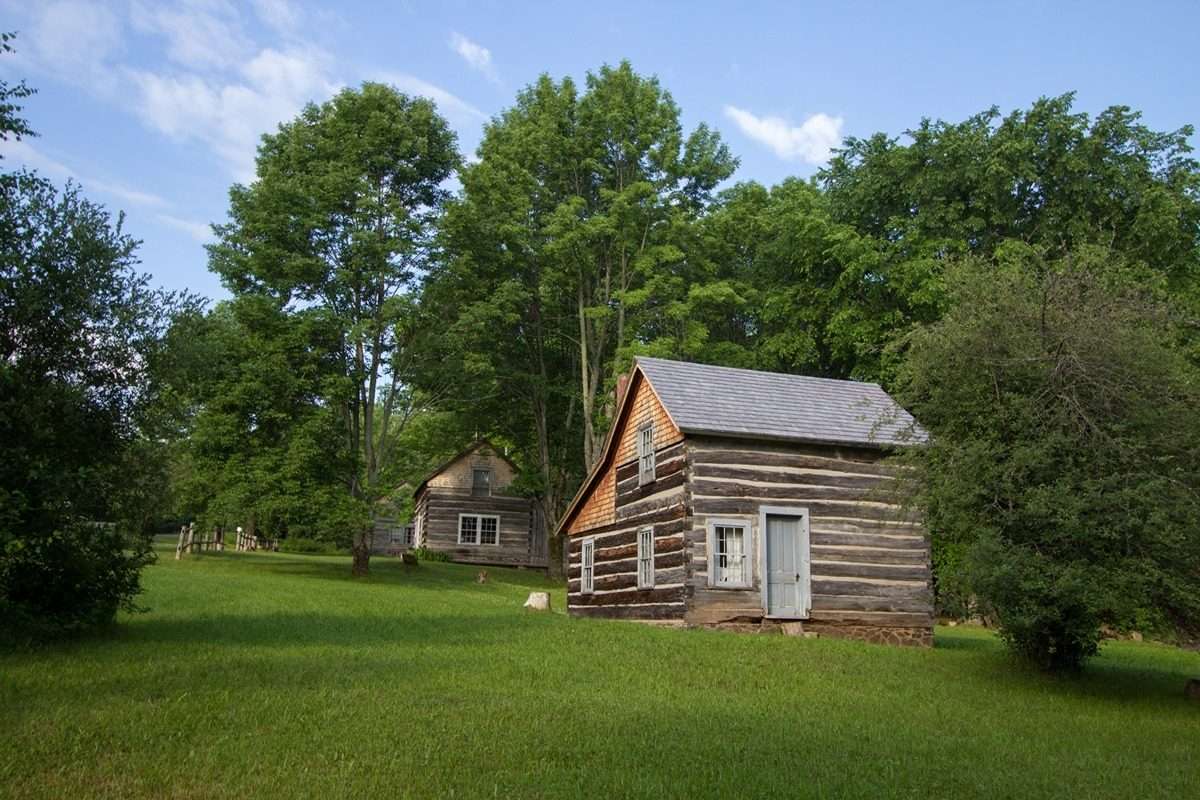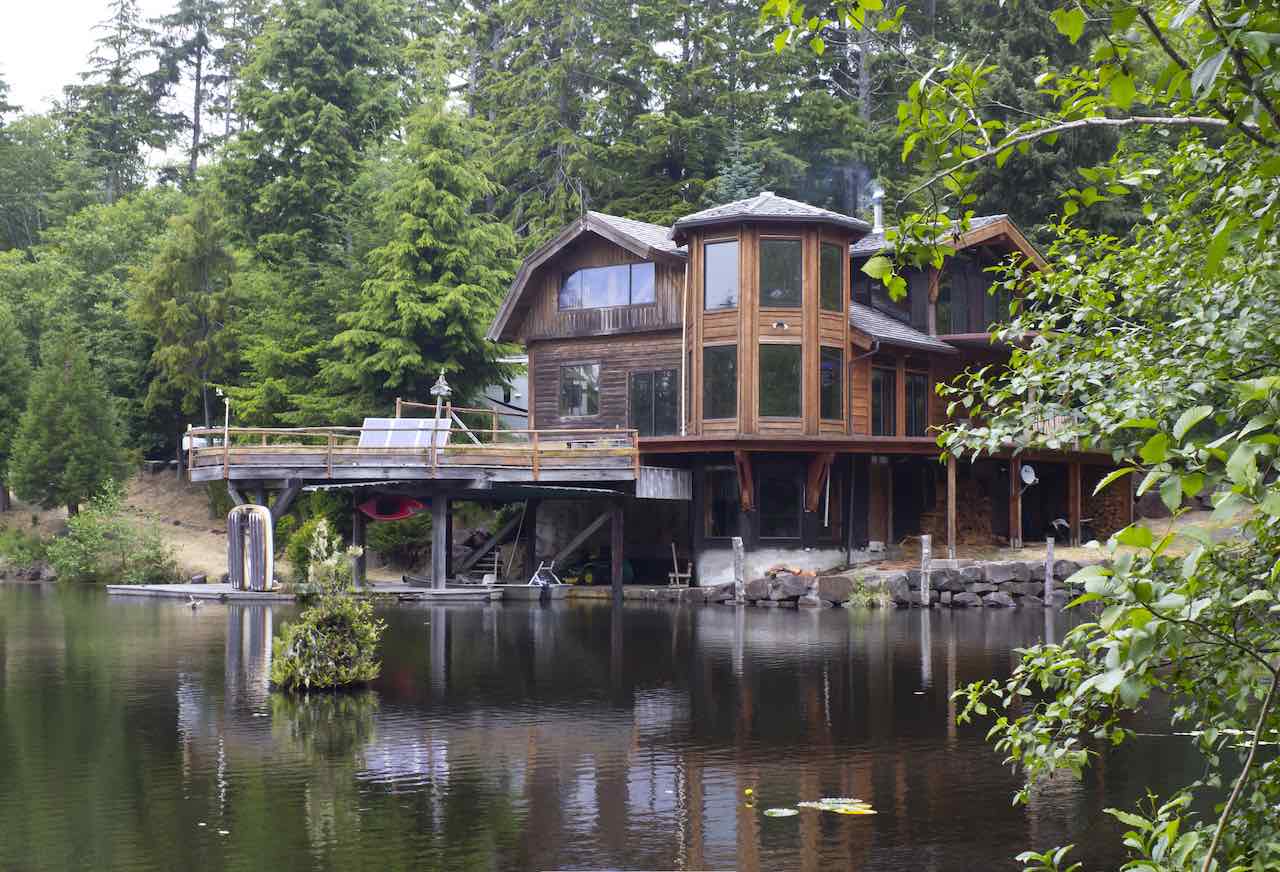Living off-grid in Massachusetts may not be the first choice for many due to its high cost of living and property expenses. However, it is indeed legally possible to live off-grid in this state. Massachusetts, with its population of 6.9 million people, offers a variety of breathtaking landscapes and a rich historical background. Despite being ranked second in the country for suicide rates, the state boasts a continental climate with challenging winters and high humidity levels. While solar power might not be the most reliable option during the winter, wind power proves to be more viable on the east coast. If you’re considering off-grid living in Massachusetts, keep in mind the diverse wildlife, higher land prices, property taxes, cost of living, low unemployment rate, minimum wage, crime rate, and the potential natural disasters that the state faces. For a more feasible off-grid lifestyle, exploring rural and remote regions, such as Berkshire County and Franklin County, may be your best bet.

Off-Grid Living in Massachusetts
Challenges and Considerations
Living off-grid in Massachusetts presents several challenges and considerations that need to be taken into account before embarking on this lifestyle. From the high cost of living and expensive property costs to the continental climate and limited sunlight, there are various factors that can impact the feasibility and sustainability of off-grid living in this state. Additionally, the diverse wildlife population and the potential for natural disasters further add to the complexities of living off-grid in Massachusetts.
Legal Aspects
While Massachusetts may not be considered an ideal state for off-grid living, it is legally possible to live off-grid within its borders. The state allows for self-sufficiency and independence from public utilities, although there may be certain regulations and requirements that need to be met. It is important to familiarize yourself with the relevant laws and regulations related to off-grid living in Massachusetts to ensure compliance and a smooth transition to this lifestyle.

Challenges and Considerations
High Cost of Living
One of the major challenges of off-grid living in Massachusetts is the high cost of living. The cost of housing, utilities, groceries, and other daily expenses is significantly higher compared to the national average. This can pose financial difficulties for individuals or families looking to adopt an off-grid lifestyle, as it may require substantial upfront investments and ongoing expenses to establish and maintain self-sufficiency.
Expensive Property Costs
Another hurdle to off-grid living in Massachusetts is the expensive property costs. Land prices in the state are significantly higher than the national average, making it challenging to find affordable land suitable for off-grid living. The limited availability of affordable land further adds to the difficulties of establishing an off-grid homestead in Massachusetts.
High Property Taxes
In addition to the high cost of purchasing land, property taxes in Massachusetts are another consideration for off-grid living. The average property tax rate in Massachusetts is around 1.22%, which is higher than the national average of 1.08%. This can add a significant financial burden, especially for individuals or families who have limited financial resources and are seeking to live off-grid on a budget.
Continental Climate
Massachusetts has a continental climate with cold, snowy winters and hot, humid summers. This climate can pose challenges for off-grid living, particularly during the winter months when sunlight is limited and temperatures drop below freezing. Limited sunlight affects the efficiency of solar power systems, which are commonly used by off-grid residents to generate electricity. The harsh winters can also impact the viability of certain crops and agricultural practices for self-sufficiency.
Limited Sunlight and Solar Power
Massachusetts experiences limited sunlight during the winter season, which can affect the effectiveness of solar power systems for off-grid living. With reduced sunlight, solar panels may not generate enough electricity to meet the energy demands of off-grid homes. This limitation necessitates alternative energy sources or hybrid systems that combine solar power with other renewable energy forms to ensure a reliable and sustainable energy supply throughout the year.
Feasibility of Wind Power
While solar power may face limitations, wind power presents a more feasible option for off-grid living in Massachusetts. The state is located on the east coast, which benefits from substantial wind resources. Wind turbines can be installed to harness the power of the wind and generate electricity for off-grid homes. However, it is essential to consider the potential impact on the local environment, as well as the installation and maintenance requirements associated with wind power.
Diverse Wildlife Population
Massachusetts boasts a diverse wildlife population, including bears, deer, skunks, and various fish species. While this diversity adds to the charm of living off-grid in the state, it also presents challenges. Wildlife can pose threats to off-grid residents, such as damaging crops or livestock. Implementing appropriate mitigation measures, such as securing food and waste storage, is crucial to minimize conflicts and ensure coexistence with the local wildlife.
Rural and Remote Regions
One of the most favorable aspects of off-grid living in Massachusetts is the availability of rural and remote regions suitable for this lifestyle. Berkshire County and Franklin County, in particular, offer opportunities for individuals or families seeking to live off-grid. These regions provide the necessary tranquility, privacy, and natural beauty for off-grid living. Additionally, they often have supportive communities that offer resources, knowledge, and assistance to those embarking on the off-grid journey.
In conclusion, off-grid living in Massachusetts comes with unique challenges and considerations that need to be addressed before making the decision. The high cost of living, expensive property costs, high property taxes, continental climate, limited sunlight, diverse wildlife population, and rural and remote nature of certain regions all shape the feasibility and sustainability of this lifestyle. By carefully assessing these factors and implementing appropriate strategies and measures, individuals or families can successfully navigate the complexities of off-grid living in Massachusetts and enjoy the benefits of self-sufficiency and independence.





